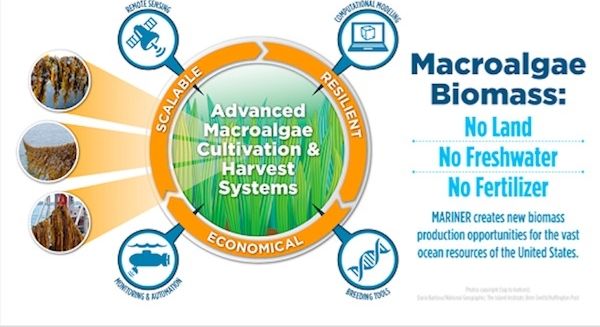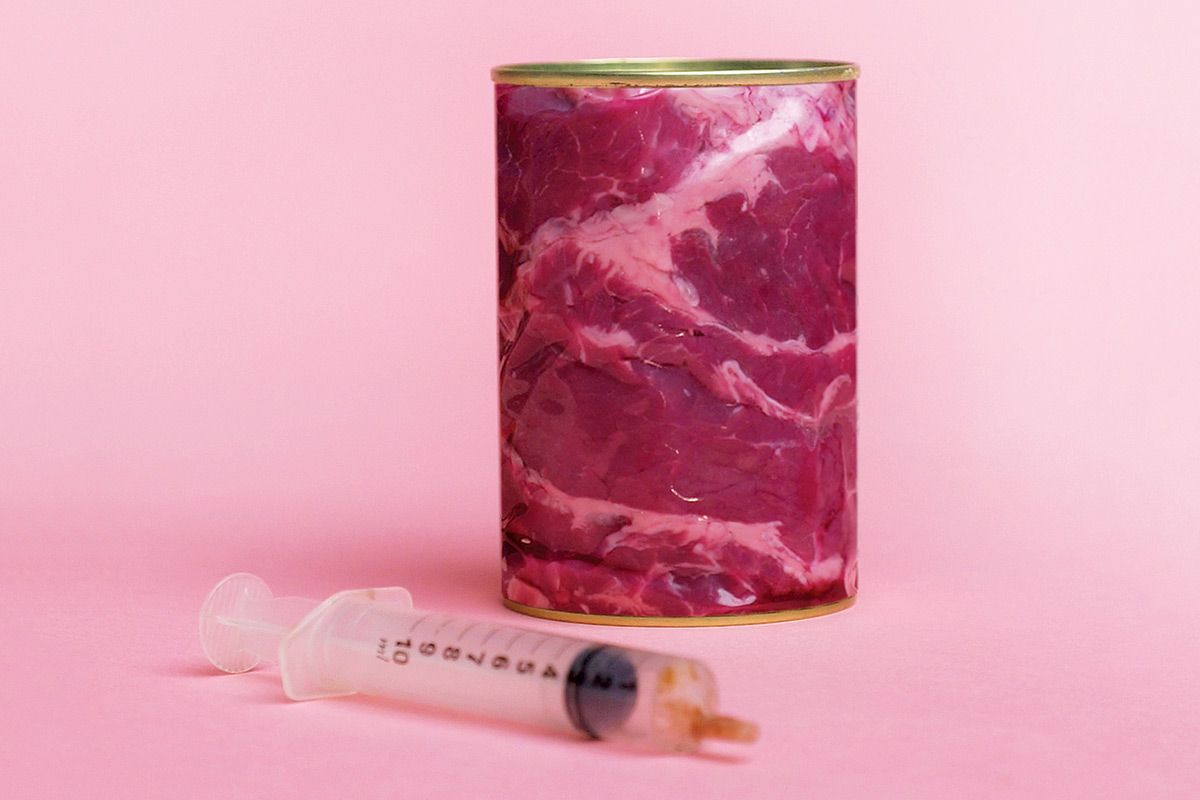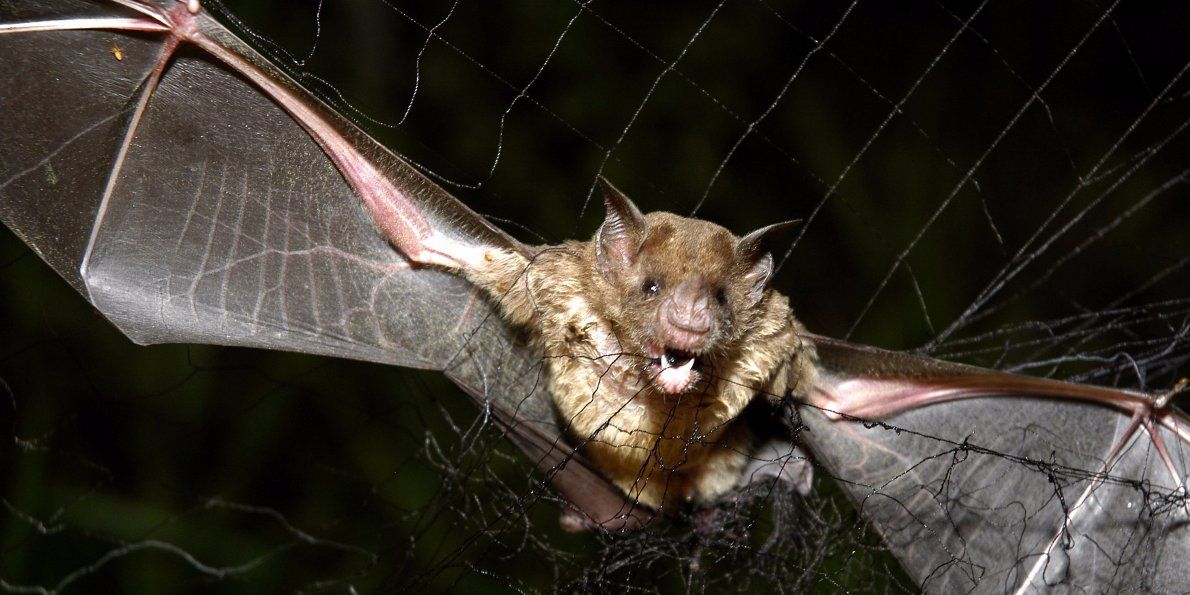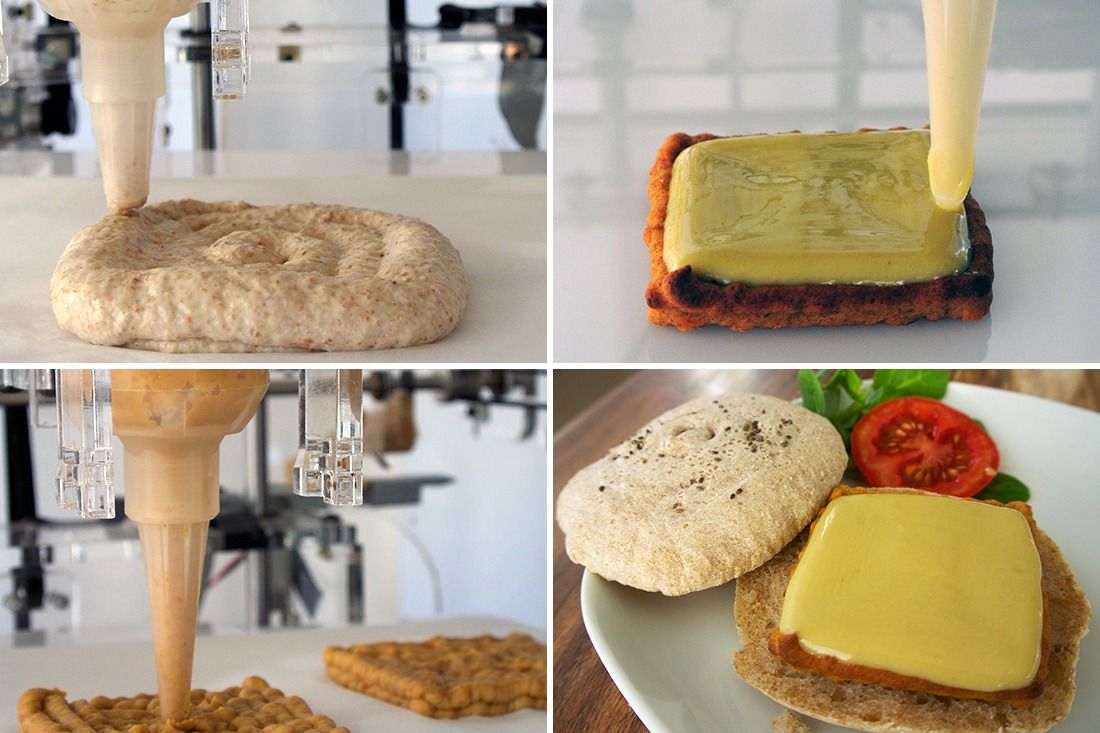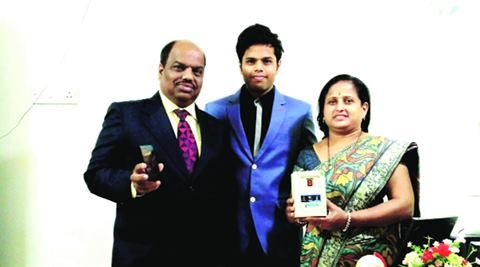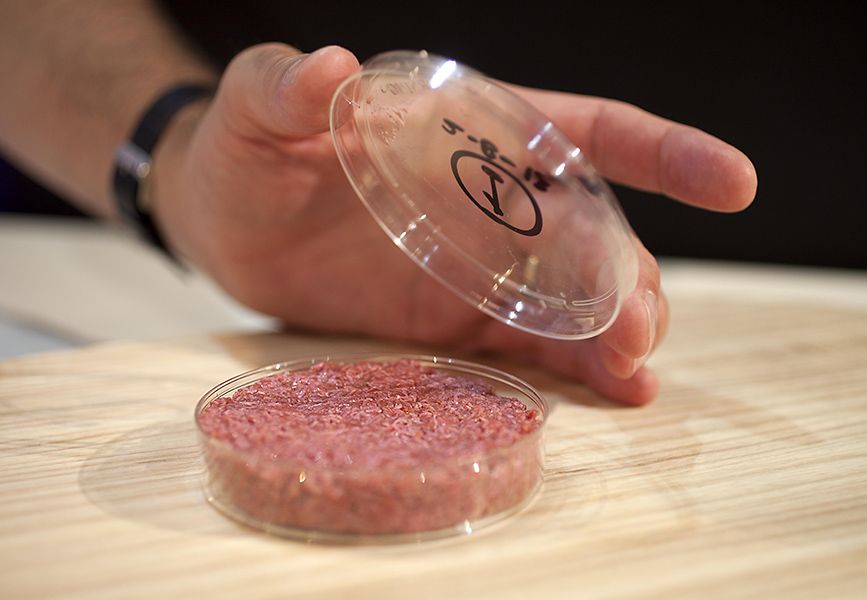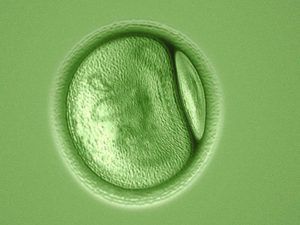Jan 17, 2017
Energy Dept. Seeks A Few Good (Really, Really Good) Seaweed Farmers
Posted by Karen Hurst in categories: energy, food, sustainability
Attention all seaweed farmers! US DoE and DARPA wants you.
Did you know that the amount of commercially produced seaweed almost hit the mark of 25 million metric tons last year? China and Indonesia dominate the global seaweed-to-food market, and now the Department of Energy has been casting a hungry eye on the potential for the US to get in on the action, with a particular focus on converting seaweed to biofuel and other high value products.
Of course, there is a problem. Growing seaweed — aka macroalgae — for food is one thing. The algae-to-energy cycle is quite another thing entirely. That’s why the Energy Department has called upon its cutting edge funding division, ARPA-E, to put out a call for the super macroalgae farmer of the future.
Continue reading “Energy Dept. Seeks A Few Good (Really, Really Good) Seaweed Farmers” »
